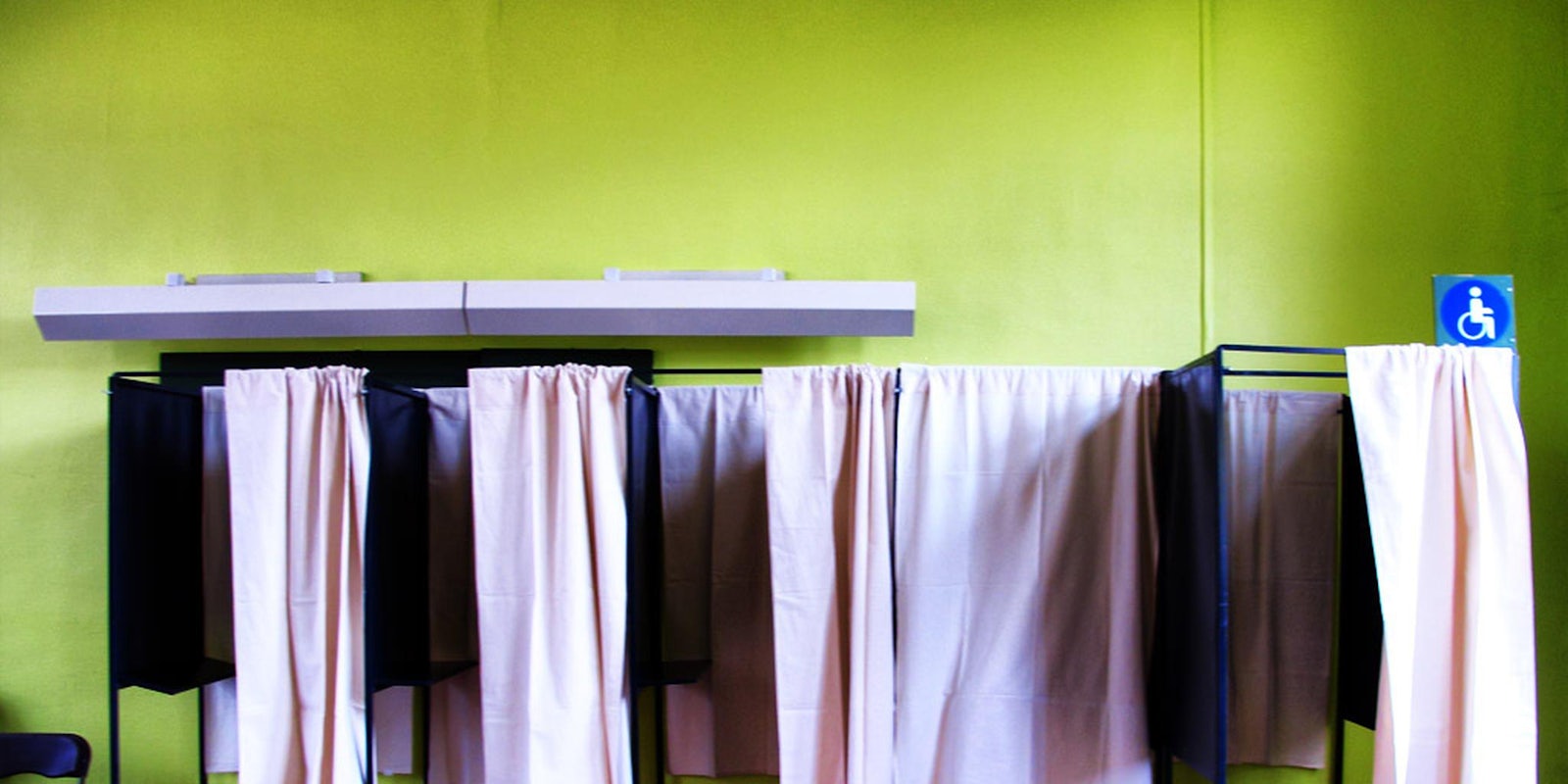Most voting booths in the U.S. will give you a little sticker upon completing your task. During the 2010 mid-term elections, Facebook came up with the digital equivalent: Its ‘I’m a Voter’ button let people tell their friends they voted. During the U.S. presidential election in 2012, 9 million people used it, enough that Facebook brought it out again during the recent Indian parliamentary election. 4 million Indian citizens pressed the button to showcase their vote that saw Narendra Modi appointed as India’s prime minister.
Buoyed by the feature’s popularity, Facebook announced its plans to roll “I’m a Voter’ out globally. It will appear for the elections held in Colombia and for the European Parliament, both next week, as well as major elections in South Korea, Scotland, Sweden, New Zealand, Brazil, and Indonesia later this year. Scottish voters will have two chances to display their zeal for political participation, as they’ll vote for a referendum on Scottish independence as well as the European Parliament.
This might just seem like another way for people to humblebrag about responsible citizenship—and, yeah, it is—but Facebook’s button can actually have an impact on voter turnout, according to a study published in Nature and pointed out by the Guardian. The study credited Facebook’s ‘I’m a Voter’ button with increasing turnout for the 2010 U.S. mid-terms by a potential 340,000 extra voters. James Fowler, the lead author, believes Facebook can be a powerful tool to motivate political participation. “Our study suggests that social influence may be the best way to increase voter turnout,” the U.C. San Diego professor of political science said.
Facebook knows this button encourages voter participation, so it’s an unambiguously white hat move from the company when it comes to boosting the democratic process. It could also open the door for more detailed political data sharing.
Facebook recently rolled out another feature, an Ask button that allows people to question their Facebook friends about information they hat supplied, like their address or their relationship status. It’d be interesting if Facebook started encouraging users to post how they voted; even if the social network collected the information privately, it could become a powerful tool for campaigns eager to gauge their constituents.
H/T Reuters | Photo via Flickr/Mortimer62 (CC BY-SA 2.0)


